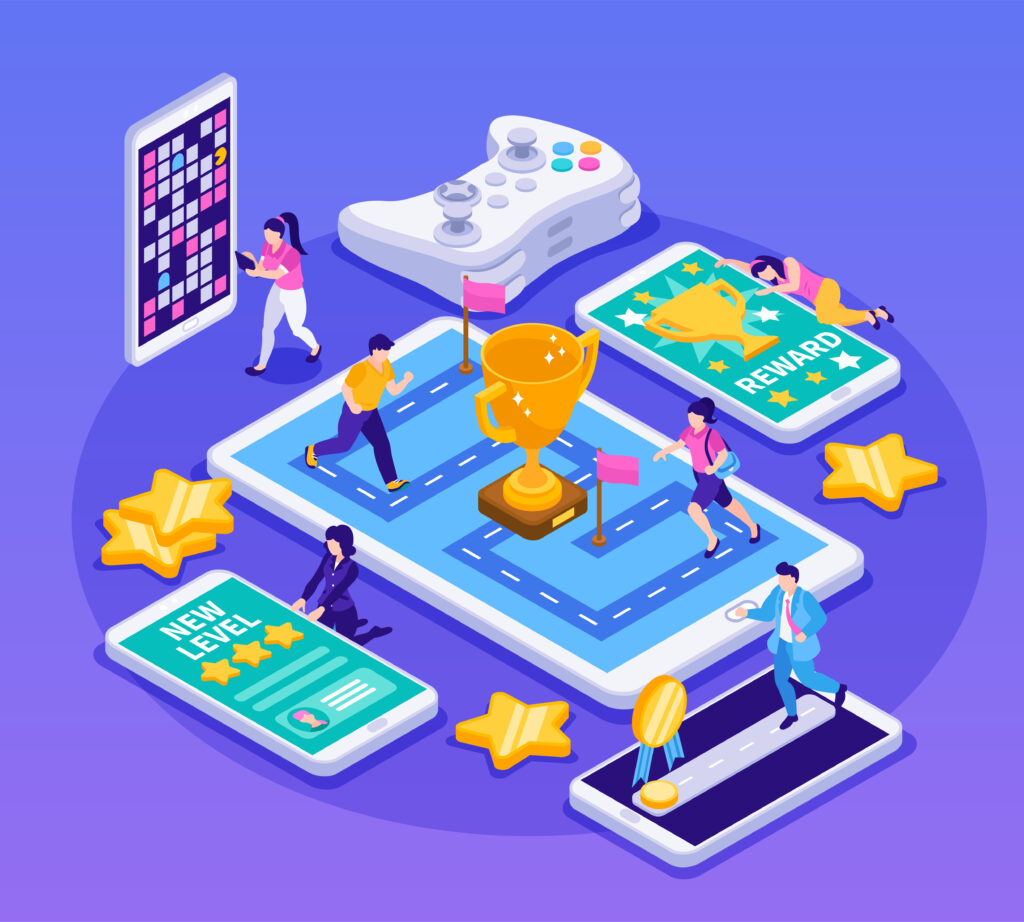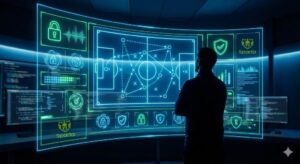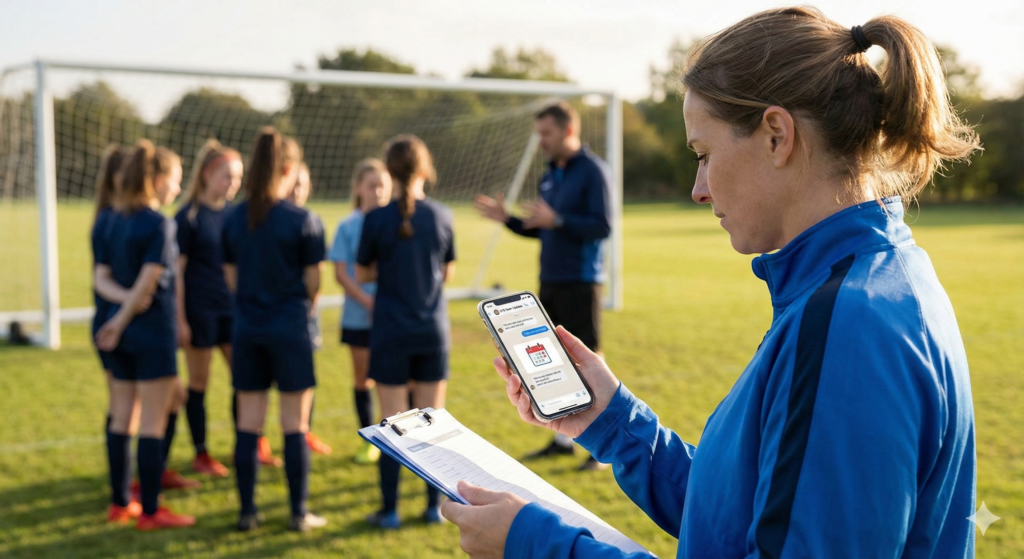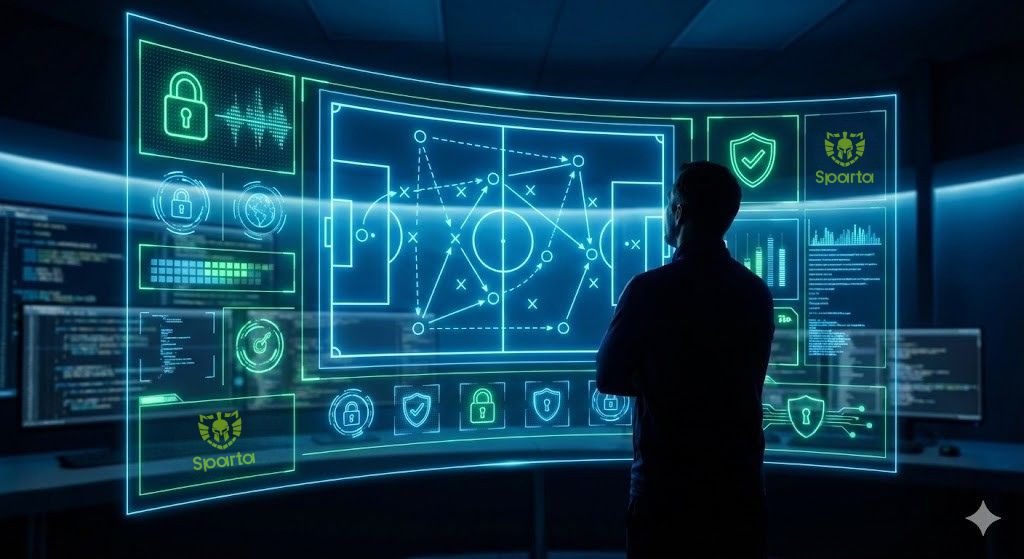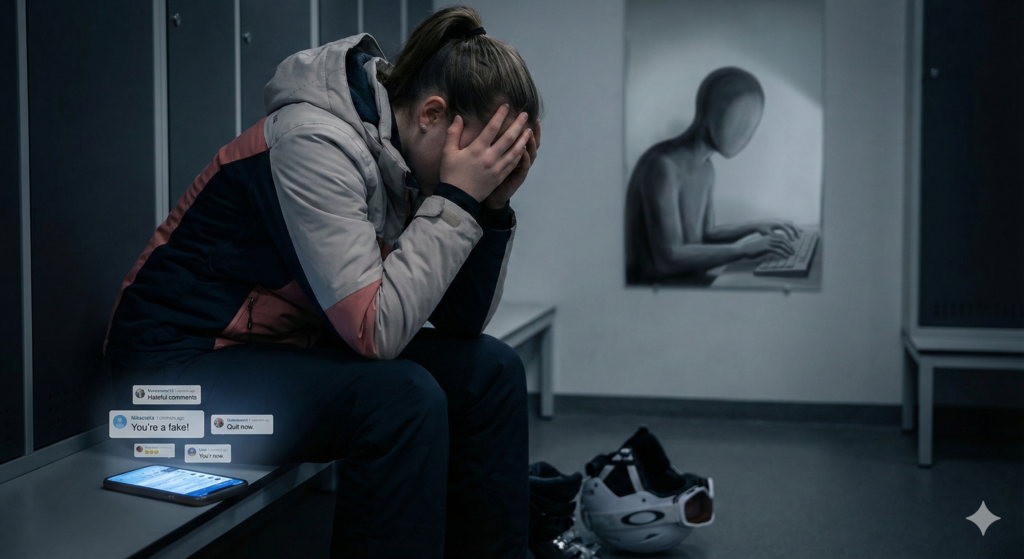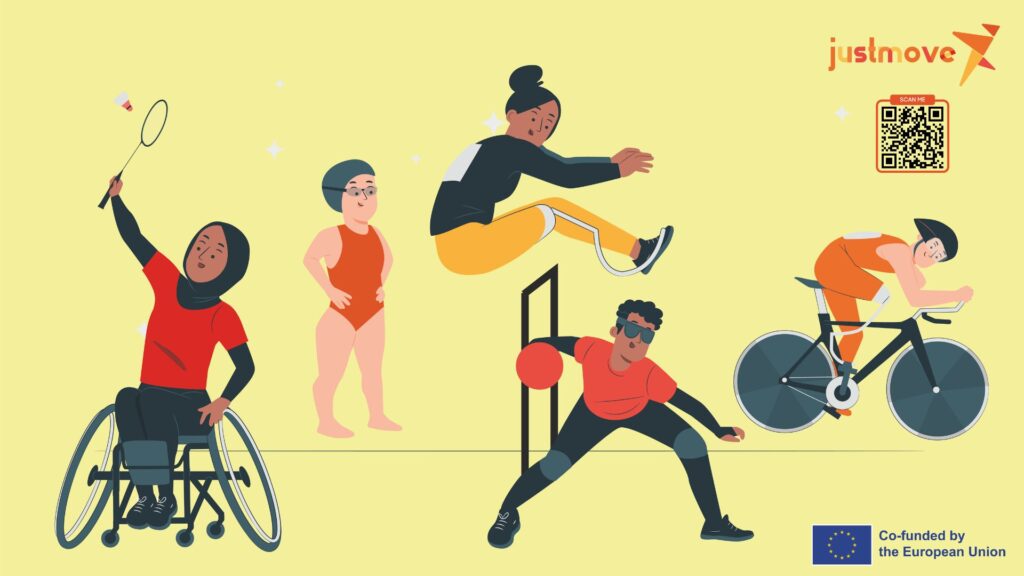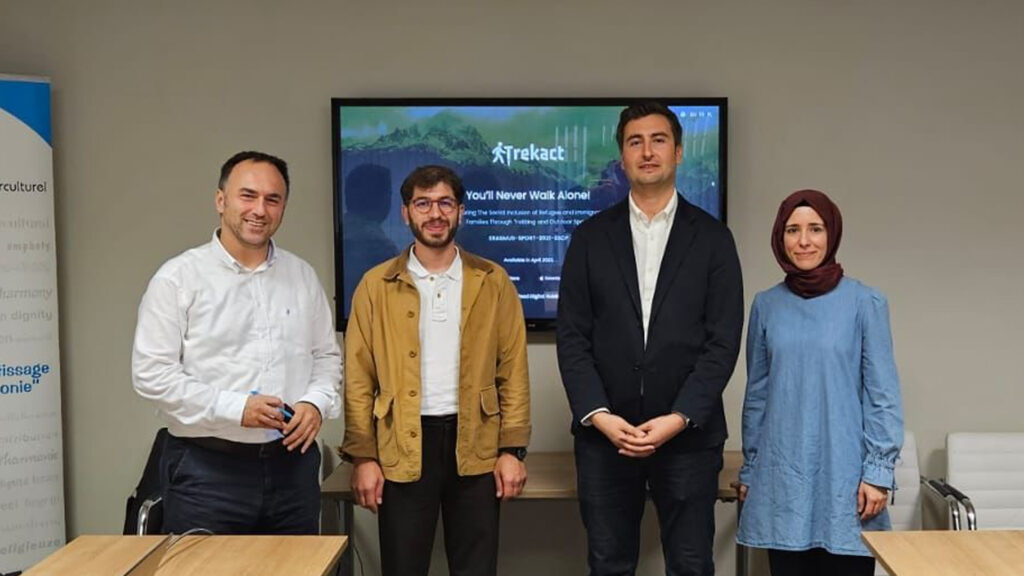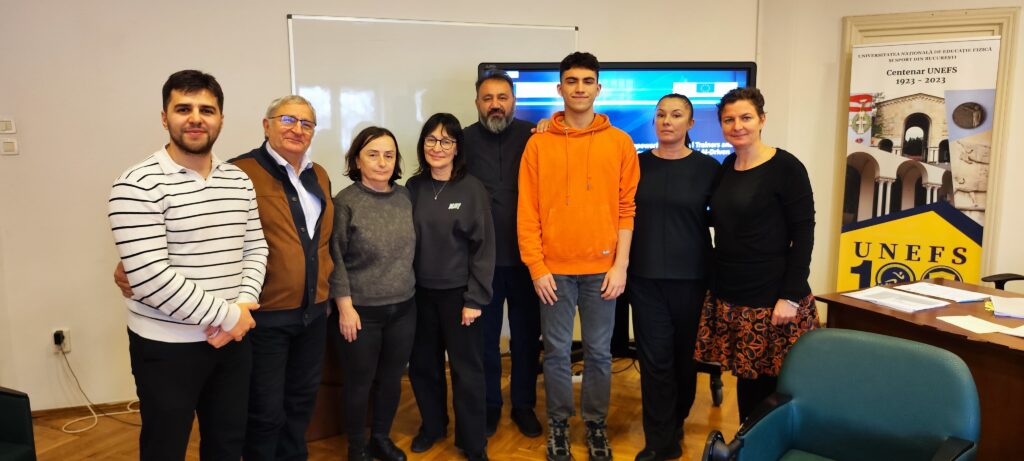Can games really teach life skills? See how play unlocks 21st century competencies.
The competencies expected from 21st-century individuals are no longer limited to academic success alone. Skills such as critical thinking, problem-solving, creativity, digital literacy, collaboration, and adaptability play a decisive role not only in personal development but also in societal transformation. These skills often cannot be adequately developed through traditional teaching methods. Therefore, the need for innovative and interactive educational approaches is growing steadily.
One such promising approach is gamification. The integration of game dynamics—such as points, badges, missions, and leaderboards—into learning environments not only makes learning more enjoyable but also more motivating, engaging, and sustainable. Moreover, this approach is not limited to children; it is also highly functional for adult learners. From corporate training to social responsibility initiatives, gamification provides an effective tool for individuals seeking to internalise learning processes.
Studies have shown that gamification increases learners’ attention, supports knowledge retention, and accelerates the learning process. Especially when problem-solving tasks are presented within a game scenario, learners are not only encouraged to complete the task but also to remain active and responsible throughout the process. This contributes to the development of higher-order skills, including self-regulation, digital competence, and critical thinking.
Additionally, gamified environments support the development of communication and leadership skills through peer collaboration. Learners who need to develop various strategies to succeed actively use their creativity, building a strong bridge between analytical and creative thinking. The opportunity to try again after failure strengthens learners’ emotional resilience, flexibility, and intrinsic motivation.
A strong example of this approach in practice is the BOOST21 project, implemented within the scope of Erasmus+. Officially titled “Boost the 21st Century Skills among School Students to Meet the Rapid Changes by Implementing the Innovative Approaches and Tools,” this transnational initiative aims to develop students’ 21st-century skills through gamification-based digital platforms. The project, running from November 2023 to October 2025, brings together partners from Spain, Norway, Poland, Greece, and Romania. One of these partners is the Polish-based association MOBAD, which contributes to the digital transformation of education not only for students but also through modules, mentoring guides, and training content designed for teachers.
The gamification-based platform developed within the scope of the project enhances students’ motivation through elements such as task completion, certificate acquisition, and learning analytics, while also enabling teachers to track learning processes with data. It also creates opportunities for intercultural exchange through international networks.
This article aims to highlight the high potential of gamification not only for children but also for adult learners. The BOOST21 project stands as a practical example in the field, continuing to inspire both individual and institutional learning processes.
To learn more about the BOOST21 project: https://projectboost21.eu
